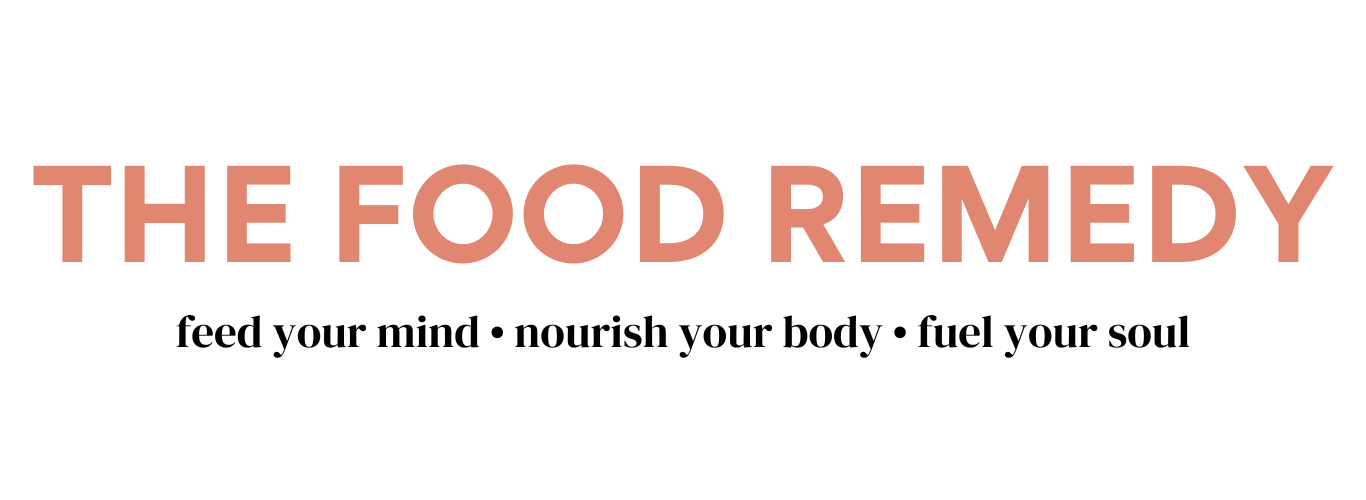Some doctors believe that children with ADHD may not have enough of a neurotransmitter called dopamine; they may also lack the neurotransmitter noradrenaline. Dopamine and noradrenaline are neurotransmitters that can influence and help determine our mood and emotions. Without enough dopamine or noradrenaline, the front part of the brain cannot deal with and react to information in the way that it should. Drug treatments for ADHD aim to increase the amount of dopamine or noradrenaline in the brain. However, there are many factors which can affect the levels of neurotransmitters in our brain and our diet is a key component. What we eat provides the body with the building blocks to make these neurotransmitters. By supporting the body on a nutritional level it could be possible to boost the levels of these transmitters which could have a direct effect on behaviour. It is also important to understand that this works both ways, so if deficiencies are present it can exacerbate the condition making behaviour worse.
There are many other nutritional facts that could be beneficial for those diagnosed with ADHD.
Balancing blood sugar levels. A study of 265 hyperactive children found that more than three-quarters of them displayed abnormal glucose tolerance. That means that their bodies were less able to cope with excess sugar intake and maintain a healthy blood sugar level. Keeping blood sugar levels balanced could be helpful in moderating children’s behaviour. Having high and low levels of blood sugar can lead to various symptoms such as mood swings, indecisiveness and some research even states that low blood sugar can cause people to behave in an unsocial manner.
Ensuring adequate intake of essential fatty acids. In 2006 the Daily Mail ran a feature starting that ‘’Fish oil 'calms children better than Ritalin ‘’.This was based on Australian research that looked at the effect of Eye Q fish oil capsules on a group seven to 12-year-olds with ADHD. One half of the group were given the fish oil capsules and the other half took a placebo. Within three months, the behaviour of those on the fish oils had dramatically improved and, by seven months, many of the children were less restless and doing better at school .
Research at Oxford University also found similar results. In a double-blind trial using Omega 3 and Omega 6 fish oil supplement Eye Q with 41 children aged 8 to 12 years who had ADHD symptoms, the children receiving extra essential fats in supplements were both behaving and learning better within 12 weeks . Ensuring your child has no nutritional deficiencies.
The brain bio centre highlights that Zinc and magnesium are the most commonly deficient nutrients in children with ADHD. The symptoms of the deficiency of these minerals are similar to the symptoms of ADHD. Low levels of magnesium have been noted to cause excessive fidgeting, anxiousness, restlessness, insomnia, coordination problems and learning difficulties, in children with a normal I.Q.
Most importantly, we must remember that every child is an individual and should be treated as such. You can ask your GP for a referral to a dietician or find a local nutritionist or nutritional therapist for a personalised tailored diet to help your child specifically.

